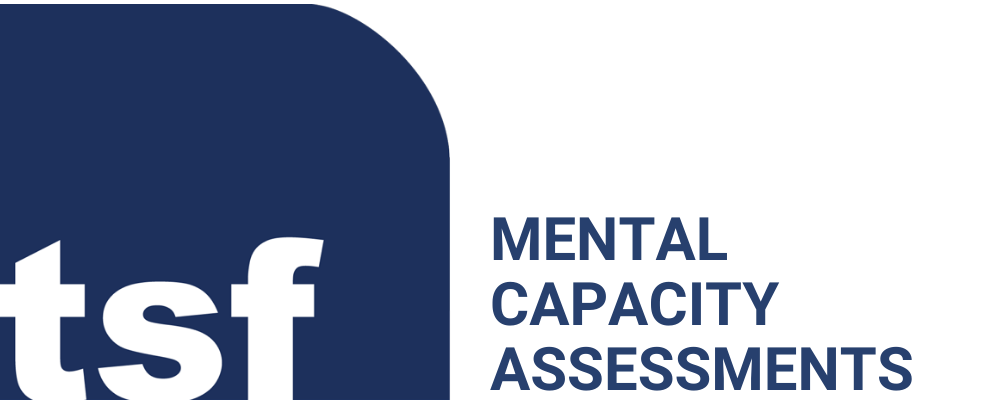General Practitioners, not experts in mental capacity
Increasingly we get reports from solicitors that GPs are either declining to conduct mental capacity assessments or that the outcome of such assessments are questionable. In reality, is this really surprising? The term “GP” means “general practitioner” and arguably, as such, they are expected to have a vast knowledge of many things but an expert knowledge of very little. You would expect most GPs to be able to identify cancer or depression and even have an understanding of their treatment, yet arguably their depth of knowledge only need be sufficient to identify the need and then contact the specialist to complete the treatment. So it is with mental capacity. Most, if not all, GPs will at some point had some training around the Mental Capacity Act ( MCA 2005)and the two- stage test but for some that will have been several years ago and not revisited. Is it right therefore to expect them to be able to conduct robust and comprehensive assessments or should we be looking elsewhere?
Court of Protection
Undoubtedly, there are some GPs that are very proficient in the application of the MCA (2005) in relation to assessments for Court of Protection applications, certificates for Lasting Powers of Attorney or assessments of testamentary capacity. Yet for many this is beyond their comfort zone and level of knowledge. We have too often been approached by solicitors where a COP3 completed by a GP has not been accepted as sufficient evidence because they do not understand how to undertake a comprehensive assessment of a person’s mental capacity, in relation to a specific decision and considering all the relevant information.
How well do GP’s know their patients?
There is also the argument that the patient knows the GP and so would feel more comfortable with them. I wonder if this is more our expectation than the reality. Gone are the days when GPs had time to build a lasting therapeutic relationship over the space of a half hour assessment. Nowadays, the average GP has 5-10 minutes to see a patient and many people don’t see the same GP again and again; rather they take which ever slot is free with whichever doctor.
Furthermore, anecdotal evidence seems to indicate that the average turn-around time for mental capacity assessments from the GP is about 4 weeks – which considering their workload is understandable. Yet when there are experts such as ourselves at TSF Assessments Ltd, who can provide an average 5 working day turn around, one would question, why wait for the GP?
The Future for Mental Capacity assessments
I honestly believe the age of the GP being the first port of call for the legal profession is coming to an end. At TSF Assessments Ltd we have (historically) had several successful test cases in the Court of Protection allowing other registered health professionals to complete CoP3 forms and this is now widely accepted by the Court. We use these experts to the full to provide rapid, robust assessments. I genuinely believe that this, rather than reliance on the GP, is the future for mental capacity assessments within the legal setting.
